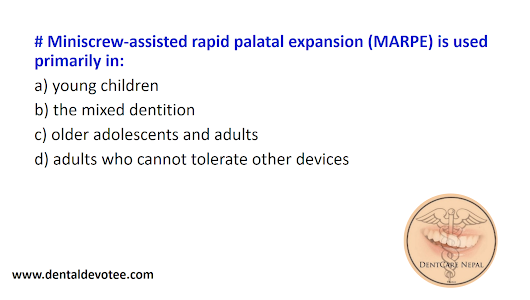The United Arab Emirates (UAE) is renowned for its commitment to excellence in all sectors, including healthcare. When it comes to dental care, the UAE is home to a multitude of registered dental clinics that adhere to stringent quality standards. In this article, we will explore the significance of registered dental clinics in the UAE, their role in providing top-notch oral healthcare, and how they contribute to the nation's overall well-being.
The Importance of Registration
Dental clinics in the UAE must undergo a rigorous registration and accreditation process to operate legally. This process is overseen by various regulatory bodies, including the UAE Ministry of Health and Prevention (MOHAP) and the respective health authorities of each emirate. The registration of dental clinics serves several crucial purposes:
Ensuring Compliance: Registered clinics are required to comply with strict regulations related to hygiene, equipment, and the qualifications of their dental staff. This helps maintain a high standard of care.
Patient Safety: The foremost concern of registered dental clinics is patient safety. These clinics are regularly inspected to ensure that all infection control measures are in place, minimizing the risk of disease transmission.
Quality Assurance: Registration also involves assessing the qualifications and expertise of dental professionals working in the clinic. This guarantees that patients receive treatment from well-trained, licensed, and experienced practitioners.
Ethical Practices: Registered clinics are expected to follow ethical guidelines in their operations, including transparent billing practices and maintaining patient confidentiality.
Wide Range of Services
Registered dental clinics in the UAE offer a wide range of services to cater to the diverse needs of the population. These services include:
General Dentistry: Routine check-ups, cleanings, fillings, and extractions.
Specialized Care: Services such as orthodontics, endodontics, periodontics, oral surgery, and pediatric dentistry are readily available.
Cosmetic Dentistry: Clinics offer cosmetic procedures like teeth whitening, veneers, and dental implants to enhance smiles.
Emergency Care: Many registered dental clinics are equipped to handle dental emergencies, providing timely treatment for injuries or sudden oral health issues.
Preventive Care: Emphasis is placed on preventive care, including fluoride treatments and dental sealants, to maintain optimal oral health.
Patient-Centered Approach
One of the hallmarks of registered dental clinics in the UAE is their patient-centered approach. They prioritize patient comfort, education, and involvement in treatment decisions. This fosters a positive patient experience and encourages individuals to take an active role in their oral health.
Cutting-Edge Technology
Registered dental clinics in the UAE often invest in state-of-the-art dental technology and equipment. This includes digital X-rays, intraoral scanners, and laser dentistry tools. The integration of advanced technology enhances diagnostic accuracy, treatment precision, and overall patient satisfaction.
Conclusion
In the United Arab Emirates, registered dental clinics play a pivotal role in providing high-quality dental care to residents and visitors alike. Through stringent registration processes, adherence to international standards, and a commitment to patient well-being, these clinics contribute significantly to the nation's healthcare infrastructure. When seeking dental care in the UAE, patients can have confidence in the professionalism, expertise, and dedication of dental professionals working in registered clinics. Access to quality dental care is essential not only for oral health but also for the overall well-being of the population.







